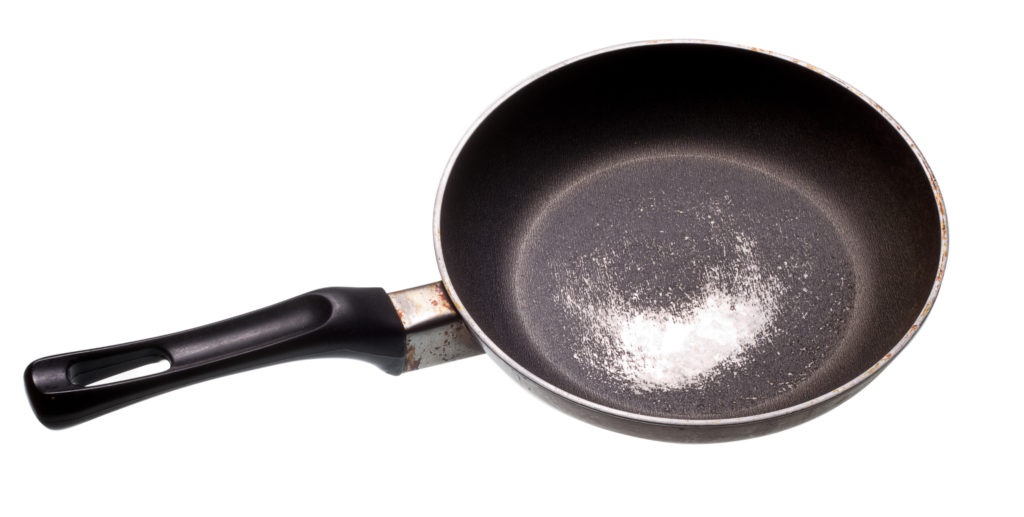 SCRATCHES IN YOUR TEFLON – Stressful events that aren’t traumas by themselves can add up and give you posttraumatic stress disorder (PTSD).
SCRATCHES IN YOUR TEFLON – Stressful events that aren’t traumas by themselves can add up and give you posttraumatic stress disorder (PTSD).
Stressful events – like a divorce or breakup, getting fired, financial or legal problems, sexual harassment, having a miscarriage, having a serious illness or experiencing the death of a loved one – can cause just as many PTSD symptoms (getting upset when you think about or something reminds you of the event, upsetting dreams, needing to avoid thinking or being reminded of it, feeling emotionally numb or disconnected, being on-edge, on-guard or irritable, etc) as typical traumas like rape and war.
This is because when you go through a difficult experience your brain doesn’t rush to a dictionary to see if it is listed as a trauma. All your brain cares about is the amount of stress hormone you produce. If you don’t produce any stress hormones then it’s a challenging situation, if you produce a moderate amount then it’s a difficult experience, if you produce a lot then it’s a trauma.
The amount of stress hormone you produce at any one time can be influenced by a bunch of factors. For instance, women who are premenstrual are 4 times more likely to have a traumatic memory of a car accident than they would if they had the exact same accident 2 weeks later in their cycle. Anything else that causes a surge in stress hormone – not getting enough sleep, being in pain, withdrawing from drugs or alcohol – also can increase your likelihood of developing PTSD symptoms.
But there seems to be one factor that contributes more than any of the others. The most important factor seems to be your ‘trauma load’ the number of stressful experiences you have been through in your life that still have some emotional charge left in them. Researchers have found that stressful experiences going back decades or even way back to early childhood increase your likelihood of getting PTSD and/or depression from more recent stressful events.
I call this the ‘FIRST SCRATCH IN THE TEFLON’ syndrome – if you have a Teflon pan and you get a scratch in it then stuff starts to stick to the scratch and then stuff sticks to what stuck and then stuff sticks to what stuck to what stuck, etc. So, if your parents divorced when you were 9 years old, you may have seemed to have bounced back and been fine but if that emotional wound didn’t fully heal then it is a scratch in your Teflon. That old scratch can make it harder for you to recover from the death of a friend decades later and that can then make it harder for you to recover from losing your job last year. Then you are surprised and may even feel weak and ashamed that you let the getting laid off get to you to the point that you can’t seem to get over it. Since you have trained yourself not to think about the older stuff you beat yourself up for letting that one last straw to break your camel’s back.
The good news is that there are powerful treatments available now that can help you to get rid of all the straws on your camel’s back, to repair all the scratches in your Teflon. With some hard work and the right help, your symptoms can not only recede but you can and should expect to get to normal – to become the real you, you without baggage.
FURTHER READING
Leave a Comment